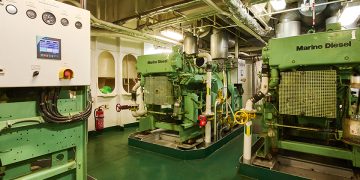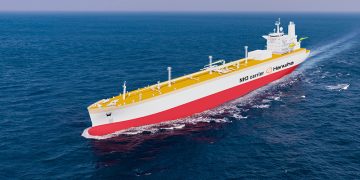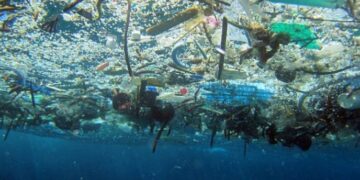EU policy brochure on smart and sustainable logistics
Logistics is one of the most dynamic sectors of the economy, contributing to economic growth and international competitiveness. In the face of the steady growth in freight volumes throughout Europe, EU policy focuses on increasing the efficiency of freight logistics and reducing environmental impacts.As a significant area of EU transport policy, logistics has been selected for the TRIP series of policy brochures to highlight the contribution of EU-funded research to policy and the implications for future policy and research.This series of policy brochures is an essential component of the comprehensive Transport Research and Innovation Portal (TRIP) that provides open access to the results and best practices of research programmes and projects in the European Research Area (ERA). A central theme of research policy under the Treaty of Lisbon, the European Research Area has been identified to foster the free circulation of researchers, scientific knowledge, and technology.TRIP serves policy makers and research managers involved in all aspects of the transport sector. The Portal is developed and maintained by the TRIP Project Consortium and funded by the DirectorateGeneral for Mobility and Transport (DG MOVE) under the Seventh Framework Programme for Research and Innovation.The policy brochure presents an overview of current and future ...
Read more























































